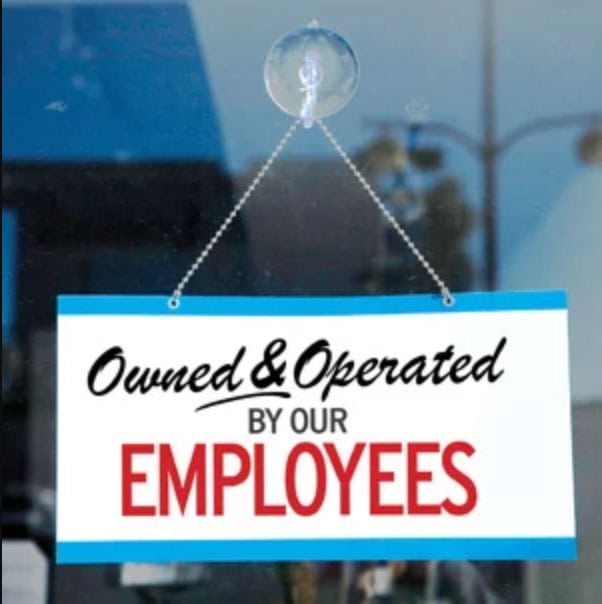
November 2, 2018; Next City
Last week, a nonprofit community development financial institution (CDFI), the Washington Area Community Investment Fund (WACIF), which has operated in the nation’s capital since 1987, launched its DC Employee Ownership Initiative to help existing worker-owned business and to support the conversion of existing firms to worker ownership. The initiative is backed by a $150,000 grant from Citi Community Development. The initiative has also been endorsed by Kristi Whitfield, Director of Washington, DC’s Department of Small and Local Business Development (DSLBD).
Washington’s local government has been broadly supportive of employee ownership efforts. Mayor Muriel Bowser’s 2017 economic strategy includes a recommendation to “raise awareness about cooperative models through education of procurement offices and financial institutions.”
Harold Pettigrew, WACIF’s executive director, adds that behind the new initiative is a desire to think through “new approaches to reduce barriers to small business success. We believe that small businesses are key to asset and wealth building.” Pettigrew adds that achieving their goal requires “an intentional focus on racial wealth disparity.”
Sign up for our free newsletters
Subscribe to NPQ's newsletters to have our top stories delivered directly to your inbox.
By signing up, you agree to our privacy policy and terms of use, and to receive messages from NPQ and our partners.
According to the Democracy at Work Institute, there are about 2,650 business owners of color in the region, most of whom are Black, who are nearing retirement. Robert Burns, senior vice president and greater Washington market manager for Citi Community Development, says 40 percent of the region’s Black business owners are included in this number. One initiative goal, notes Sandra Larson in Next City, is to “direct education and coaching about employee ownership conversion options to these older owners.” By preserving existing jobs and businesses through employee ownership, the initiative aims to help both keep and build community wealth.
As NPQ has noted, “Only a third of all family businesses successfully make the transition to the second generation.” Employee ownership, either as a worker cooperative or an employee stock ownership plan (ESOP) company, greatly improves those odds. Federal legislation passed three months ago makes worker buyouts of companies easier by making these transactions eligible for banks loans that are partially guaranteed by the federal Small Business Administration.
The initiative will also provide lending support not just to businesses that convert to employee ownership, but to businesses that launch as worker cooperatives. An example cited at the forum announcing the initiative is Tightshift Laboring Cooperative, a worker-owned moving, hauling, landscaping and cleaning business. “Tightshift,” adds Larson, “has been operating for nearly two years now. They’ve hired some 20 workers over the first two years, most of them formerly incarcerated. Seven are now in a 1,000-hour apprentice program that will lead to an opportunity to buy into the cooperative as owners. While training, Tightshift workers earn $15 to $17 per hour—DC’s minimum wage is $13.25—and take part in company decision-making.”
Juan Reid, who was formerly incarcerated himself and is a cofounder of Tightshift, was a featured speaker at the DC Employee Ownership Initiative launch event. “We’re bigger than a business. We’re a family,” Reid said. “[In a cooperative] you are workers, but you own it too.…We value humans over money. If you get up every day and come to work, you own this company. And when that profit comes, we should break bread with you.”
A $150,000 grant alone is merely a start. But Pettigrew is optimistic that city will become further engaged. Pettigrew notes that one positive sign is a recent monthly convening organized by the city’s Department of Small & Local Business Development that focused on cooperatives. “Creating an ecosystem that supports employee ownership can help create more success stories like Tightshift,” Pettigrew adds. “They are one model of what success can look like locally.”—Steve Dubb













